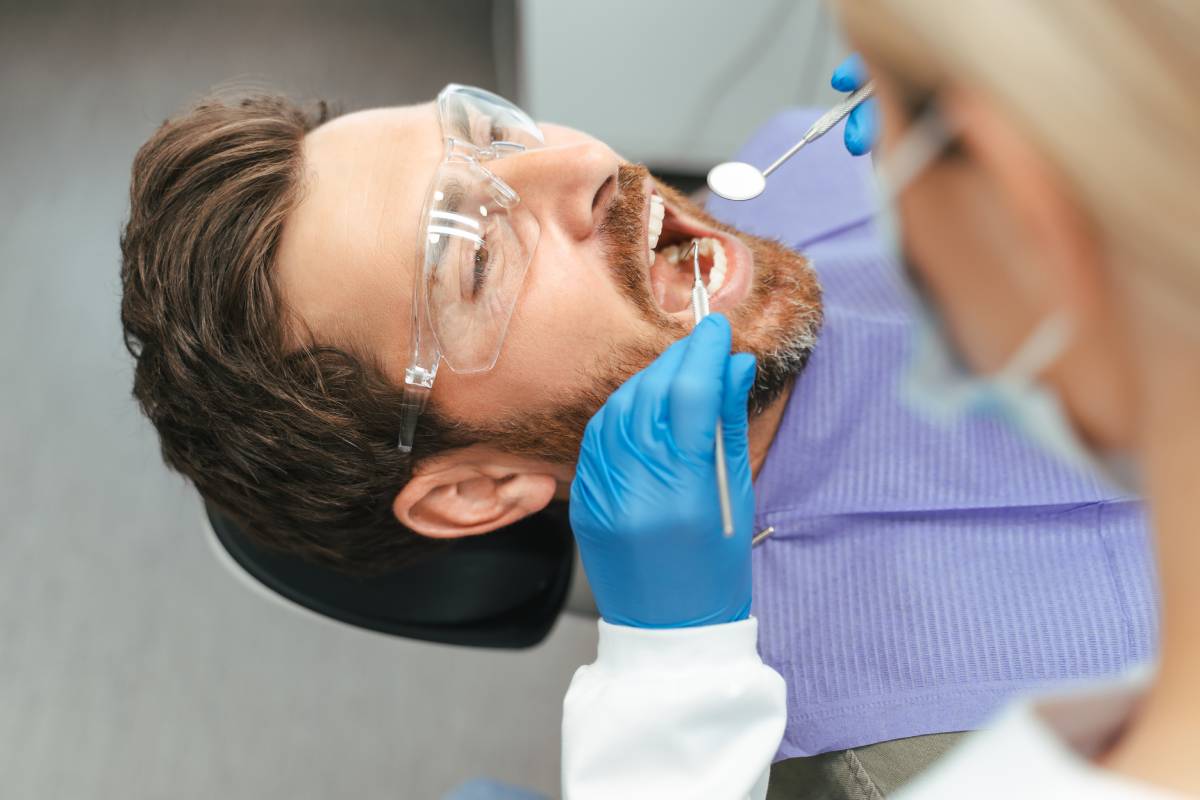Porcelain fixed bridges are an excellent modern solution for replacing one or multiple missing teeth in a row. But can the support teeth for bridges get cavities? In this article, we address this question and give tips on how to maintain the health of your natural teeth and gums when you have dental bridges.
Can the Support Teeth for Bridges Get Cavities?
Teeth that support dental bridges can get cavities. However, the likelihood of infection depends on the type of bridge you have.
Traditional Dental Bridges
Traditional dental bridges rely on the teeth on each side of the gap for support. These teeth are called abutment teeth, and A special dental cement is used to attach the bridge to the abutment teeth. In many cases, dental crowns are placed on the abutment teeth first to ensure the stability of the bridge and to prevent the abutment teeth from wearing down.
Teeth that are covered with dental crowns to support the bridge can get cavities in some cases:
At the margin where the crown meets the natural tooth
Under the crown, if bacteria get beneath due to leakage or poor fit of the crown
Cantilever Bridge
The cantilever bridge is supported by only one tooth, which is also covered with a crown. This tooth can also get infected if the integrity of the crown is disturbed or at the area where the crown meets the natural tooth. Additionally, a cantilever bridge can place extra strain on the supporting tooth due to uneven force distribution, making it more susceptible to wear and decay.
Maryland (Resin-Bonded) Bridge
The teeth that support a Maryland bridge do not receive crowns. Instead, just small wings are bonded to the back of these teeth, and the bridge is attached to them. Cavities can still form on these teeth (just like any normal tooth), especially around the bonding area if plaque and tartar accumulate there.
How to Prevent Cavities in Teeth that Support Dental Bridges
The main reason for cavities forming in teeth that support dental bridges is plaque and tartar accumulation if you do not clean the area under and around the bridge effectively. Thus, a thorough oral hygiene routine is crucial for preventing cavities in teeth that support dental bridges. We recommend following these rules to build an excellent oral hygiene routine:
- Brush your teeth for at least two minutes twice a day.
- Choose a fluoride toothpaste that helps fight off bacteria and strengthens the enamel of your natural teeth.
- Floss every evening. Try using special floss threaders to clean the area under and around the bridge effectively.
- Add a water flosser to your routine. This device utilizes a stream of pressurized water to help you clean in hard-to-reach areas in the mouth, such as under and around your bridges. However, keep in mind that a water flosser should be used as an additional step in your routine (it is recommended to use it as the first step), but it can not replace traditional flossing and brushing.
- Rinse or use water flossing after meals.
- Do not skip biyearly dental appointments for professional cleanings and fluoride treatments.
Make an Appointment at Absolute Family Dentistry Today
If you are considering dental bridges or other types of dental restoration, do not hesitate to make an appointment with an experienced dentist at Absolute Family Dentistry today. At our office, we utilize modern methods and high-quality materials, offering our patients a wide range of dental services. We are looking forward to your visit.


